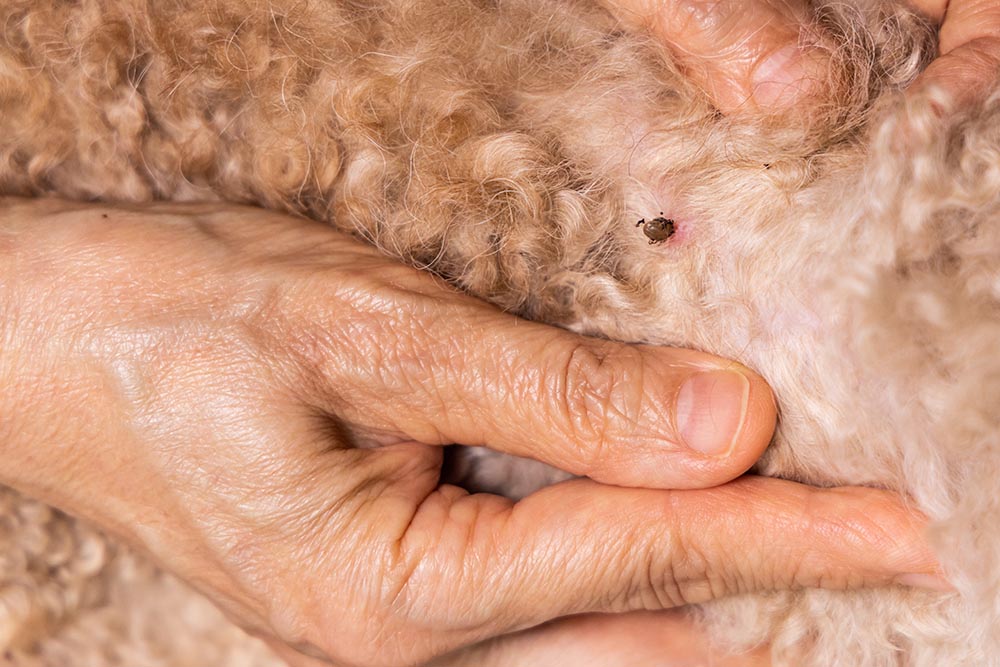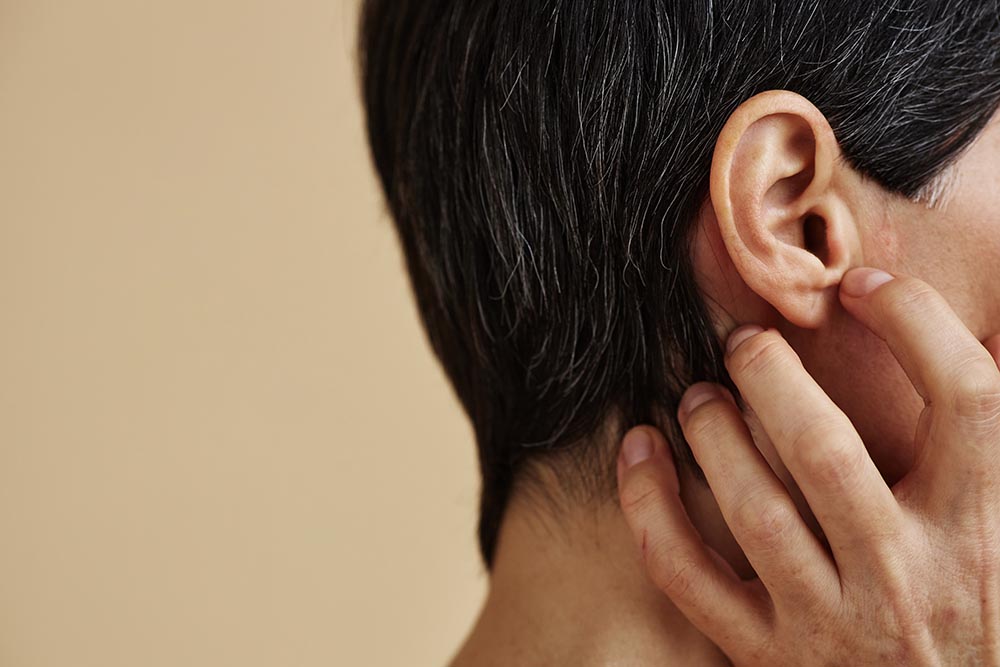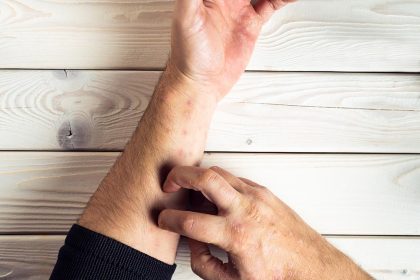Fleas are nasty, tiny, blood-sucking parasites that can be a terrible nuisance to both humans and pets. And while they are more commonly associated with animals, fleas can also infest human and their homes.
In this article, we’re going to zoom in on fleas and talk about what attracts fleas to humans, if they can be harmful, and as to whether or not they can lay eggs in human hair. We’re also going to look at just how difficult it is to get rid of fleas and whether it’s better to hire pest control experts or to tackle the problem by yourself.
Keen to learn more about these tiny little nightmares? Let’s unravel the mysteries of the flea and provide you with some effective solutions to get them “out of your hair” for good!

What Attracts Fleas to Humans?
First off, what is it that actually attracts fleas to humans? Why won’t they leave us alone?!
- Warmth: Fleas are attracted to warm-blooded hosts, including humans, as their body heat provides an ideal environment for feeding and reproduction. The perks of being a mammal!
- Carbon Dioxide: Like many blood-feeding insects, fleas are attracted to the carbon dioxide emitted by humans when they breathe.
- Movement: Fleas are stimulated by movement and will jump onto humans as they pass by, seeking a blood meal (fleas are so nimble that they can jump up to 100 times their body height, up to 2 feet!)
- Odour: Humans have a distinct odour that can attract fleas, making them more likely to jump onto clothing or exposed skin.
Are Fleas Harmful to Humans?
More importantly, can fleas be harmful to humans? How worried should you be if you have an infestation?
- Itching and Irritation: Flea bites can cause itching, redness, and irritation on the skin. Some individuals may experience an allergic reaction, resulting in yet even more severe symptoms.
- Secondary Infections: Scratching flea bites excessively can break the skin, increasing the risk of secondary infections from external sources.
- Disease Transmission: While fleas primarily target animals, they can carry diseases such as murine typhus and bubonic plague. However, the transmission of these diseases to humans is relatively rare so you shouldn’t worry yourself too much. In any case, a flea infestation must be dealt with swiftly.
- Depression and Anxiety: Aside from the physical symptoms, fleas can wreak havoc on your mental health, especially if you have been having difficulty ridding your home of a flea infestation and you are constantly covered in bites. This can lead to a loss of sleep and a very low mood.

Can Fleas Live in Human Hair?
So, can fleas live in human hair? They seem to love our furry pets for it!
- Fleas prefer to infest hairy animals and pets rather than humans. As hairy as some people are, it’s just not the same as a nice, thick coat of fur.
- While fleas can occasionally be found in human hair, they do not establish permanent residence there, unlike head lice (aka nits).
- Fleas may jump onto human hair temporarily but will quickly move to a more suitable host, such as a pet, if available. They’re usually just along for the ride.
Can Fleas Lay Eggs in Human Hair?
Now that we have established that fleas do occasionally jump into human hair, will they lay eggs while they’re there?
- You’ll be pleased to learn that, no, fleas do not lay eggs in human hair.
- Fleas require specific conditions to lay eggs, including the presence of fur or hair on their preferred host.
- While fleas may lay eggs on clothing or bedding that has come into contact with infected animals, they do not lay eggs directly in human hair so you won’t have to go shaving your head any time soon!
How Difficult is it to Get Rid of Fleas?
Now on to the more important questions: how difficult is it to get rid of fleas? Should you be worried?
- Getting rid of fleas can be a challenging task, as they reproduce rapidly and can infest various areas within a home.
- Effective flea control requires a comprehensive approach that includes treating pets, indoor spaces, and outdoor areas simultaneously.
- It is crucial to vacuum thoroughly, deep-clean your flooring, wash bedding and clothing, and use appropriate flea control products recommended by professionals or veterinarians to break the flea life cycle.
Provided you are thorough and power through your home rigorously cleaning every surface and fabric, you shouldn’t have too much trouble getting rid of an infestation. But you must be thorough!

Is it Better to Hire Pest Control for Fleas or Get Rid of Them Yourself?
Would it be easier to hire professionals or is it easy enough to tackle alone?
- The decision to hire pest control or tackle the flea problem yourself depends on the severity of the infestation and your own personal circumstances.
- DIY methods can be effective for mild infestations, but professional pest control is recommended for severe or recurring infestations.
- Pest control experts have the knowledge, experience, and access to specialised products that can effectively eliminate fleas and prevent future infestations.
Ideally, we’d recommend pest control for fleas so you can take swift and immediate action. Fleas can be an absolute nightmare to live with and if the problem is allowed to persist, it can become even harder to eradicate them. Our advice would be to let the professionals get it done quickly and without hesitation.
Conclusion
Let’s round this up with a quick recap on what we’ve learned about fleas:
- While fleas primarily target animals, they can occasionally become a nuisance for humans.
- Understanding what attracts fleas to humans, their potential harm, and their behaviour regarding human hair and egg-laying is essential for effective flea control.
- While fleas can cause itching and discomfort, they do not typically infest human hair or lay eggs in it.
- Getting rid of fleas requires a comprehensive approach, including treating pets, indoor spaces, and outdoor areas.
- For severe or recurring infestations, it is advisable to seek professional pest control services to ensure effective eradication and long-term prevention.







